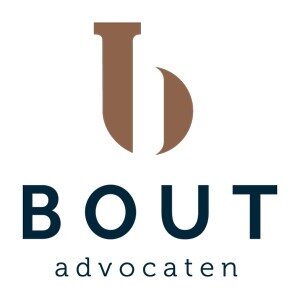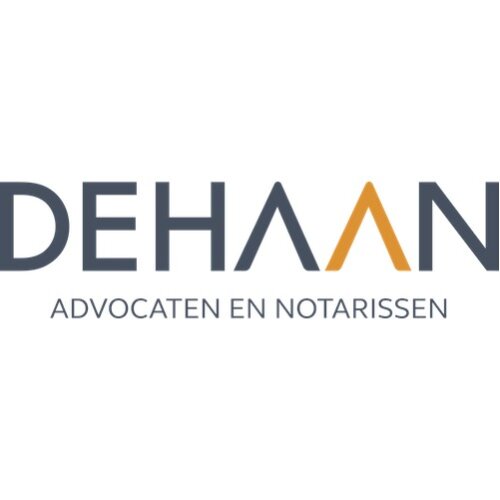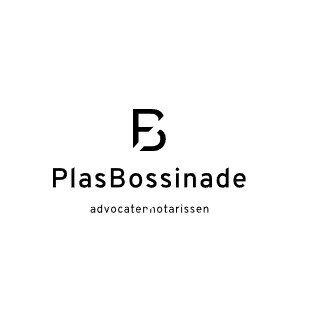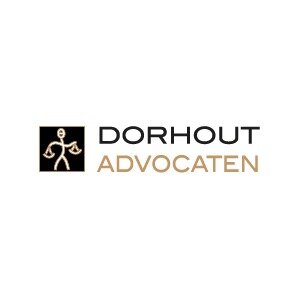Best Structured Finance Lawyers in Groningen
Share your needs with us, get contacted by law firms.
Free. Takes 2 min.
List of the best lawyers in Groningen, Netherlands
About Structured Finance Law in Groningen, Netherlands
Structured finance is a highly specialized area of finance law that deals with complex financial instruments and transactions designed to manage risk and enhance capital flows. In Groningen, as in the rest of the Netherlands, structured finance is commonly used by large corporates, banks, investment funds, and sometimes public entities to facilitate funding, asset securitization, project financing, and risk management.
The legal environment in Groningen benefits from a mix of Dutch national laws and EU regulations. Professionals in the field support the development, documentation, and regulation of instruments such as asset-backed securities, collateralized debt obligations, and other structured financial products. This provides businesses with creative ways to obtain financing or manage existing debt obligations.
Why You May Need a Lawyer
There are several reasons why individuals or companies in Groningen may need the help of a structured finance lawyer:
- Structuring and documenting complex financial transactions, ensuring legal compliance and validity
- Advising on securitization of assets, such as receivables or property portfolios
- Assisting with project finance for infrastructure, energy, or real estate developments
- Navigating cross-border transactions that involve European or international elements
- Reviewing or drafting contracts, security agreements, and disclosure documents
- Complying with Dutch and EU financial regulations, including transparency and reporting rules
- Dispute resolution or representation in litigation related to structured products
- Advising on tax implications and structuring finance transactions efficiently
Given the intricacy of structured finance deals, professional legal advice can help mitigate risks and ensure smooth execution.
Local Laws Overview
Structured finance in Groningen is governed by a combination of Dutch law, often shaped by overarching EU directives and regulations. Some key aspects include:
- Civil Law Foundation: The Dutch Civil Code provides the fundamental legal framework for contracts, securities, and corporate matters, which underpin most structured finance transactions.
- Financial Supervision Act (Wet op het financieel toezicht - Wft): This act regulates financial markets and institutions and is crucial for compliance in structured products.
- EU Regulation: Regulations such as the Securitisation Regulation and the Capital Requirements Regulation impact structured finance by setting rules for transparency, investor protection, and risk retention.
- Tax Considerations: Dutch tax law, particularly relating to withholding tax, VAT, and corporate taxation, significantly influences the structuring of finance transactions.
- Notarial Requirements: Some security interests and real estate transactions require notarial involvement to be legally effective in the Netherlands.
- Data Protection: Handling of data in structured transactions must comply with the General Data Protection Regulation (GDPR).
It is essential to seek tailored advice to ensure all legal aspects are comprehensively addressed for each transaction.
Frequently Asked Questions
What is structured finance, and how is it typically used in Groningen?
Structured finance refers to complex financial arrangements designed to address unique funding needs or manage risks. In Groningen, it is often used for real estate financing, business expansion, infrastructure projects, or to raise capital through securitization.
Who typically uses structured finance services in the Netherlands?
Corporates, real estate developers, banks, investment funds, and occasionally local government bodies utilize structured finance to achieve customized lending or investment solutions.
What legal risks are associated with structured finance transactions?
Risks include regulatory compliance breaches, unenforceable contracts, unclear rights to underlying assets, potential tax liabilities, and exposure to counterparty defaults.
Are there specific regulatory authorities overseeing structured finance in Groningen?
Yes, the Dutch Authority for the Financial Markets (AFM) and De Nederlandsche Bank (DNB) oversee financial markets and banking operations, including structured finance products.
How important is tax advice in structured finance deals?
Tax implications can be significant. Structuring deals to minimize tax liabilities or avoid adverse tax consequences is a critical part of most transactions, so engaging tax experts is highly recommended.
Is it possible to structure cross-border finance deals from Groningen?
Yes, many structured finance transactions in Groningen are cross-border, involving Dutch, EU, and international law. Specialized legal advice is essential for these complex deals.
What documentation is needed for a structured finance transaction?
Typical documents include loan agreements, security deeds, disclosure documents, trust structures, prospectuses for public offers, and sometimes notarial deeds for certain assets.
Can individuals or smaller companies benefit from structured finance?
While structured finance is more common for larger entities, some smaller businesses may use it for project financing or asset-based lending with proper legal guidance.
What should I look for when choosing a structured finance lawyer in Groningen?
Look for experience in Dutch finance law, knowledge of local and EU regulations, expertise in cross-border deals, and a track record of managing complex financial structures.
What are the costs involved in hiring a structured finance lawyer?
Costs vary based on the complexity and size of the transaction, but most lawyers offer hourly rates or fixed fee arrangements for specific projects. It is important to request a clear fee structure before engaging.
Additional Resources
People seeking further information or assistance regarding structured finance in Groningen can consult the following:
- Dutch Authority for the Financial Markets (AFM) - Supervises financial markets and regulates various financial products
- De Nederlandsche Bank (DNB) - Regulates banks and financial institutions
- Netherlands Bar Association (Nederlandse Orde van Advocaten) - For finding qualified financial lawyers
- Dutch Tax and Customs Administration (Belastingdienst) - For queries related to tax and structured finance transactions
- Groningen Chamber of Commerce (Kamer van Koophandel Groningen) - Useful for business and company registration or information
- EU Securitisation Regulation and related guidelines for cross-border deals involving EU entities
Next Steps
If you believe you need legal assistance in structured finance, consider the following steps:
- Define your objectives clearly and gather all relevant financial and business documents
- Contact a qualified structured finance lawyer or law firm in Groningen with expertise in finance and regulatory matters
- Request an initial consultation to assess your situation, potential risks, and available options
- Discuss fee structures and timelines before proceeding
- Ensure you are involved in reviewing all documentation and understand the legal implications of your chosen structure
- Stay informed about changes in laws or regulations that may impact your transaction or ongoing obligations
Taking early and well-informed legal advice is crucial to the success and security of any structured finance arrangement in Groningen or elsewhere in the Netherlands.
Lawzana helps you find the best lawyers and law firms in Groningen through a curated and pre-screened list of qualified legal professionals. Our platform offers rankings and detailed profiles of attorneys and law firms, allowing you to compare based on practice areas, including Structured Finance, experience, and client feedback.
Each profile includes a description of the firm's areas of practice, client reviews, team members and partners, year of establishment, spoken languages, office locations, contact information, social media presence, and any published articles or resources. Most firms on our platform speak English and are experienced in both local and international legal matters.
Get a quote from top-rated law firms in Groningen, Netherlands — quickly, securely, and without unnecessary hassle.
Disclaimer:
The information provided on this page is for general informational purposes only and does not constitute legal advice. While we strive to ensure the accuracy and relevance of the content, legal information may change over time, and interpretations of the law can vary. You should always consult with a qualified legal professional for advice specific to your situation.
We disclaim all liability for actions taken or not taken based on the content of this page. If you believe any information is incorrect or outdated, please contact us, and we will review and update it where appropriate.











